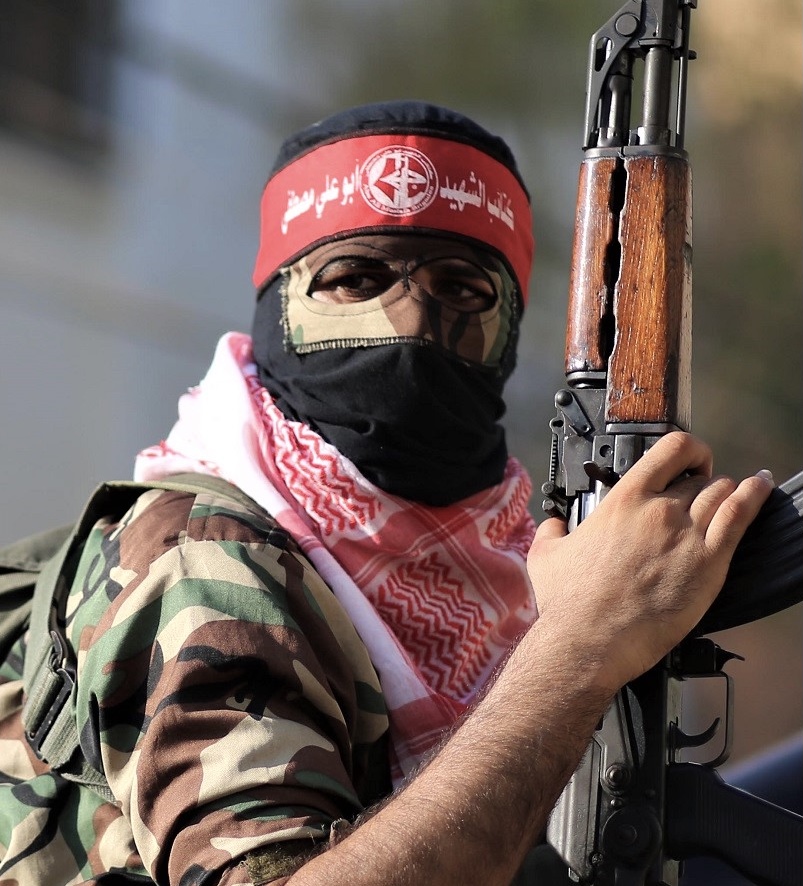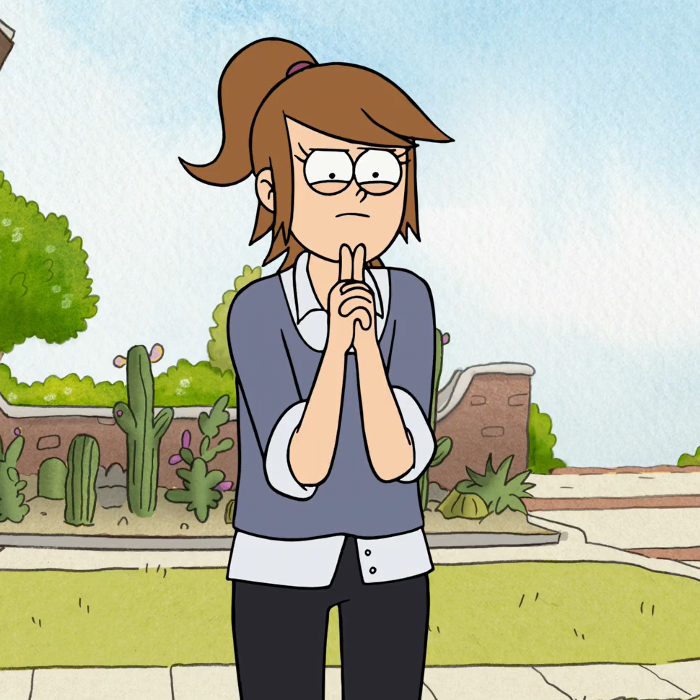Under PRC law, religion is free. However, in 1954, the State Council established a Religious Affairs Bureau; this set up the Chinese Islamic Association, with which all mosques and other religious places must register. Islam continued to be openly practiced in Xinjiang and even the Sufi orders “experienced an explosion of popularity” in the early 1950s. The authorities left the Islamic clergy and education in place, while expanding the comprehensive secular education their political predecessors had instituted.
At the same time, however, the CCP took several measures that undermined the extensive social control and political and economic influence of the Islamic clergy. These measures included land reform, which abolished Islamic taxes and eliminated rents from land, and the substitution of PRC secular law for Islamic law everywhere.
In the late 1950s, PRC policy became considerably more radical. The Cultural Revolution (1966–1976) saw the fiercest persecution of religion in modern Xinjiang (as well as Chinese) history. Mao Zedong and his followers appeared determined to uproot all traditional thought and culture, which included religion and anything to do with it, especially the influence of its clergy.
As a monotheistic religion with a socially highly influential clergy, Islam was a prime target of their attacks. The Islamic Association discontinued operations, but revived after Deng Xiaoping came to power in 1978.
(Source. Judging from this text, it looks like the Chinese Communists were far more concerned with organized religion than religion per se.)
I know that this is a brief overview and it raises its own questions, but I hope that it helps anyway.
Thank you 👍


